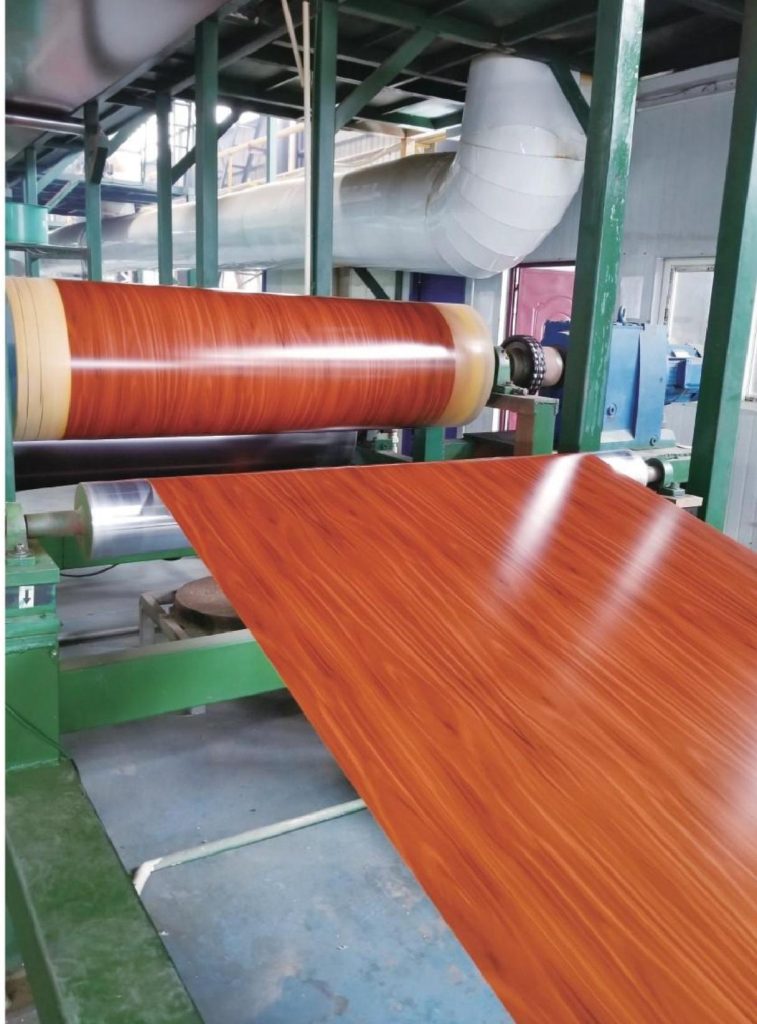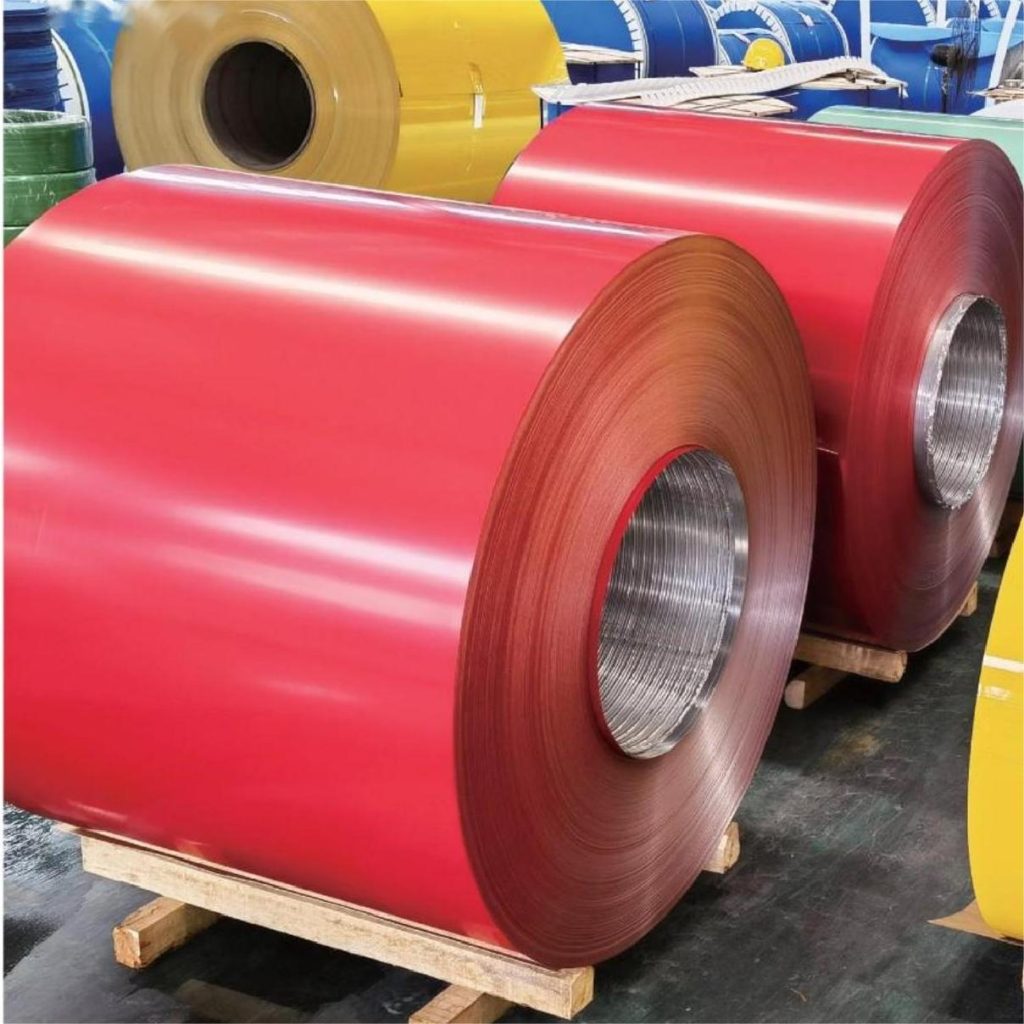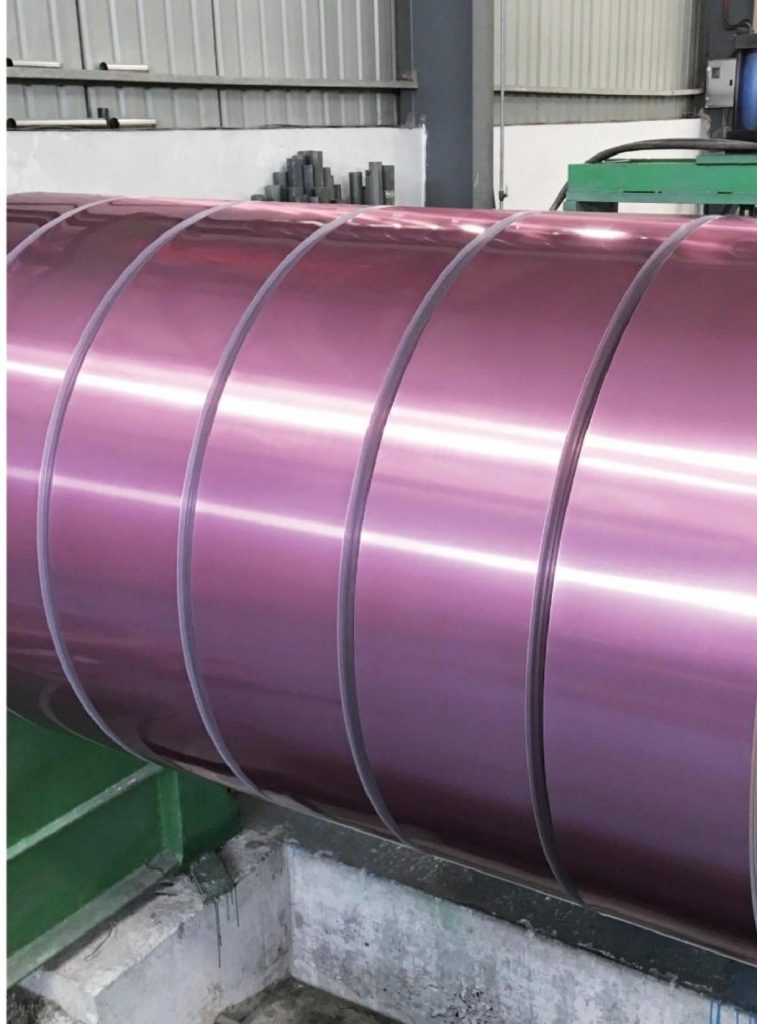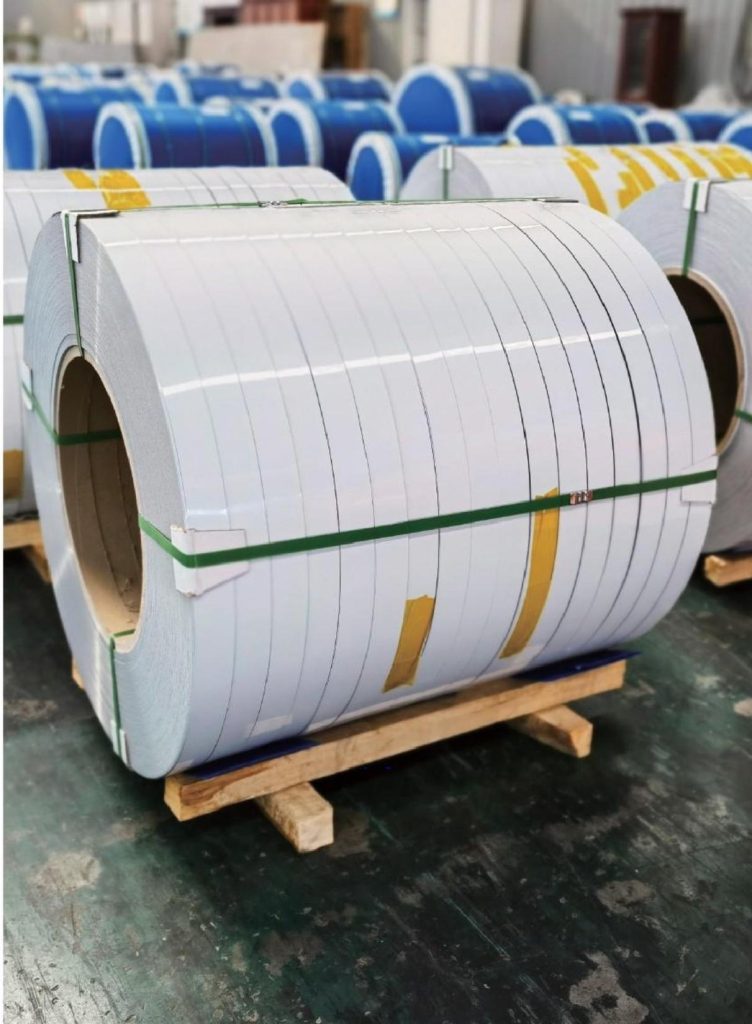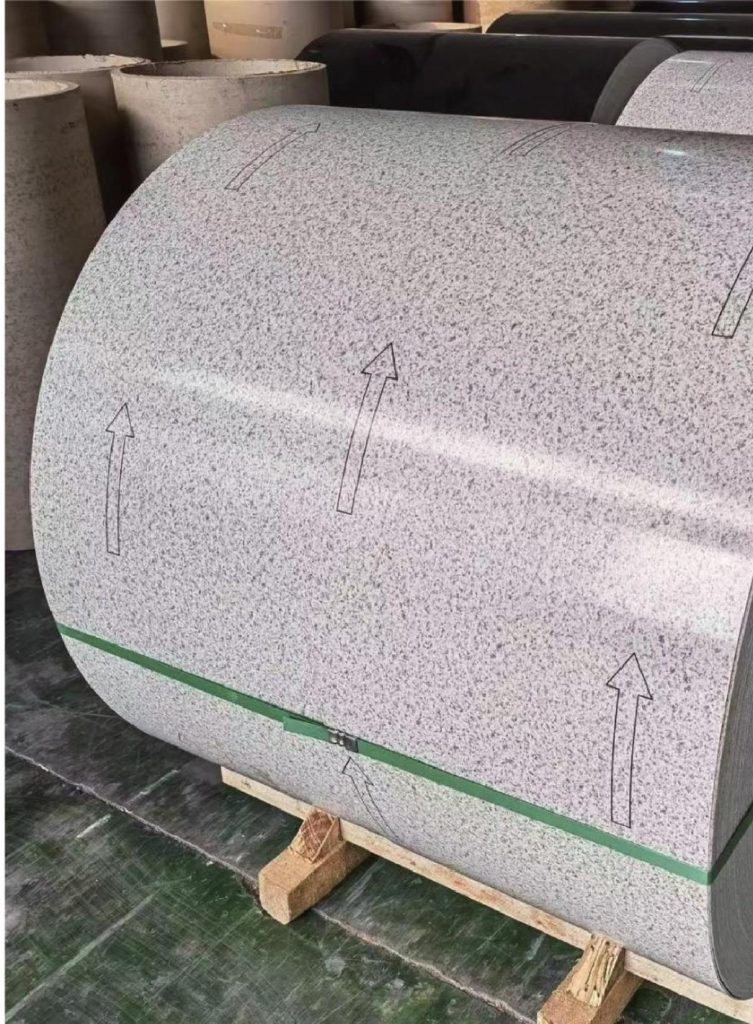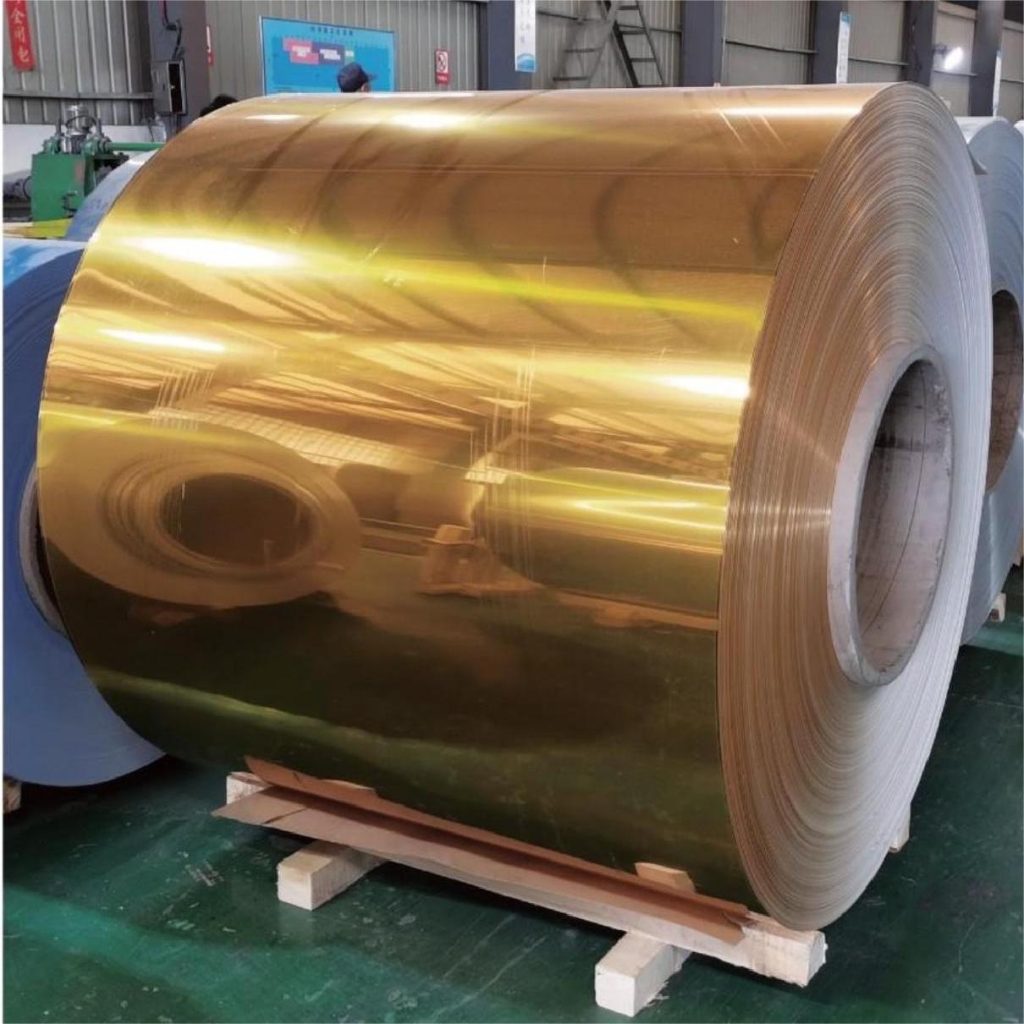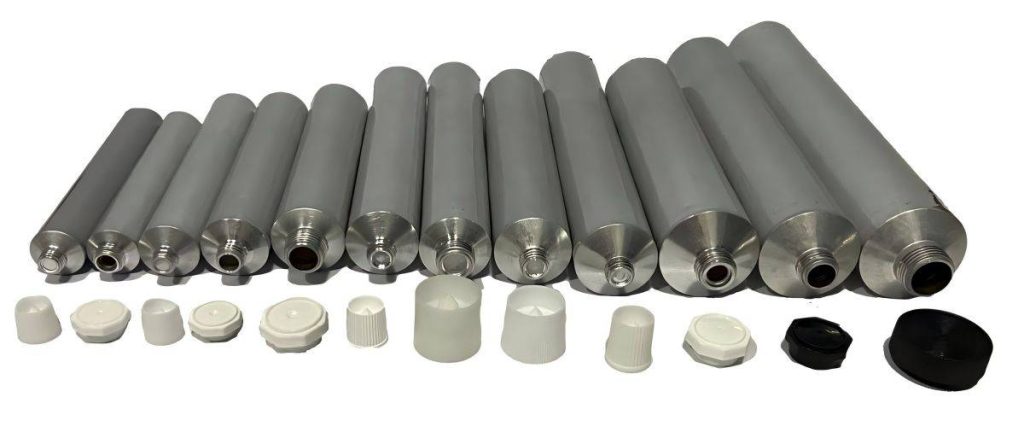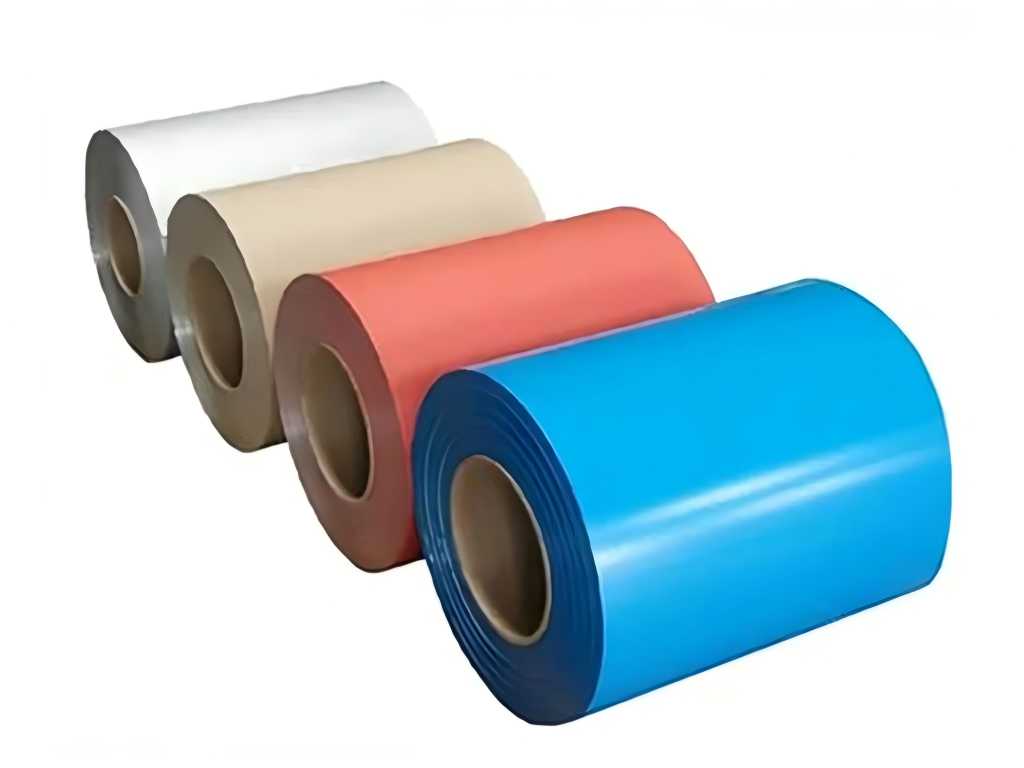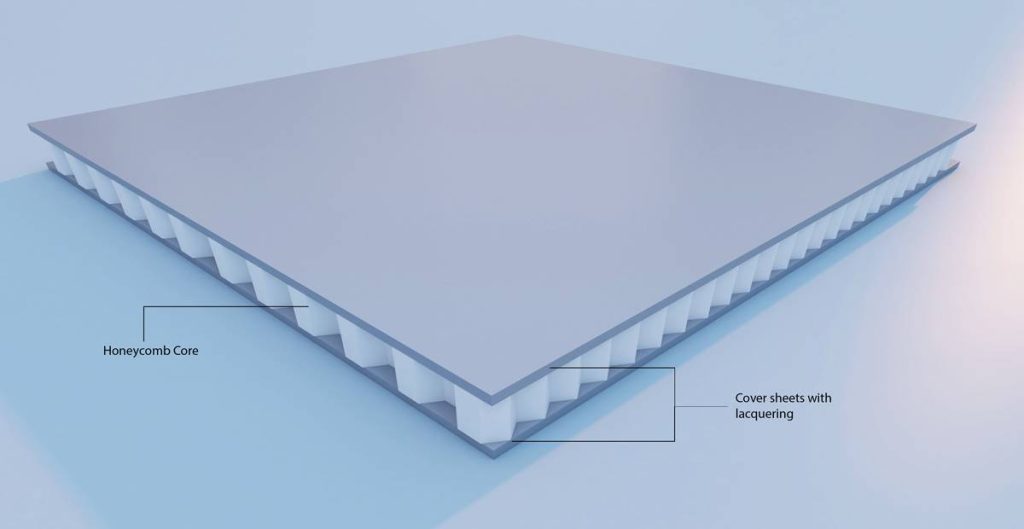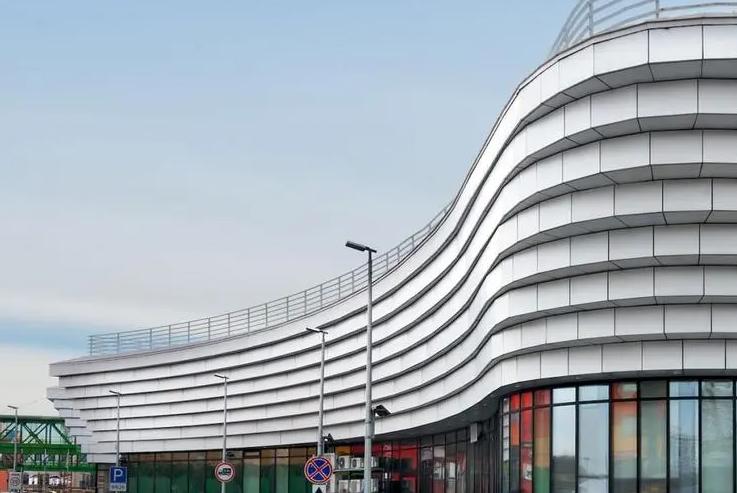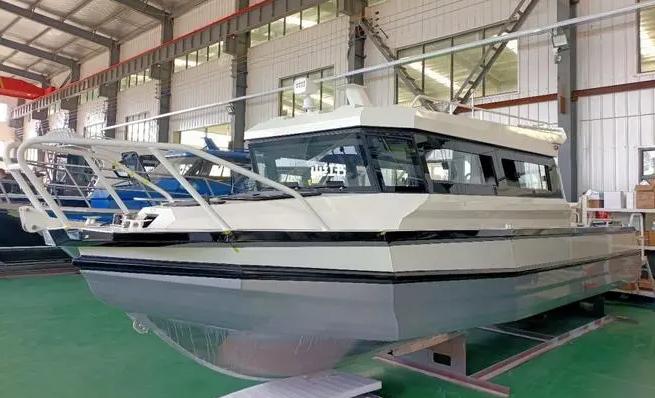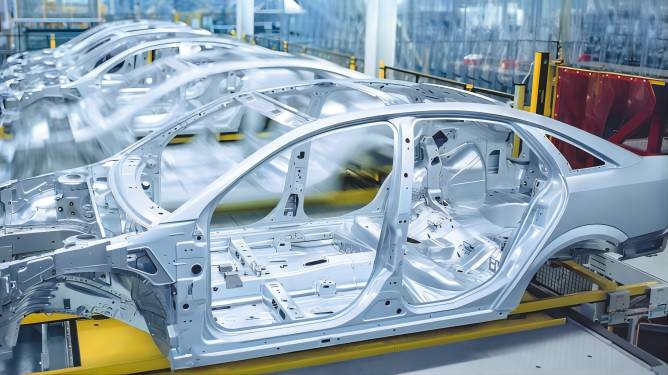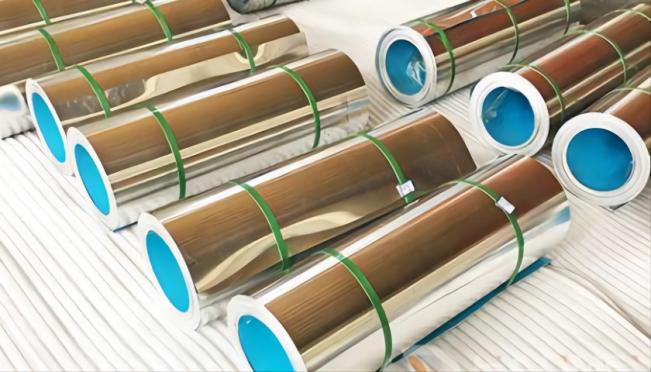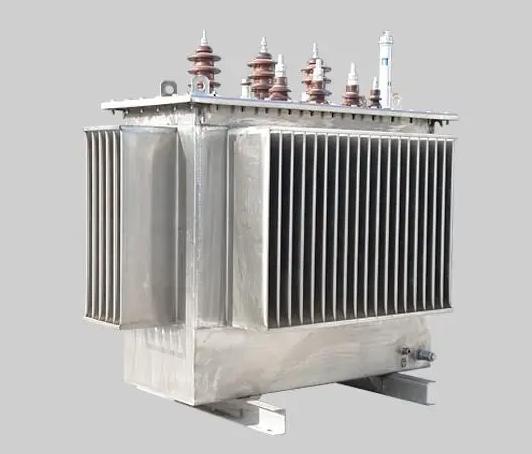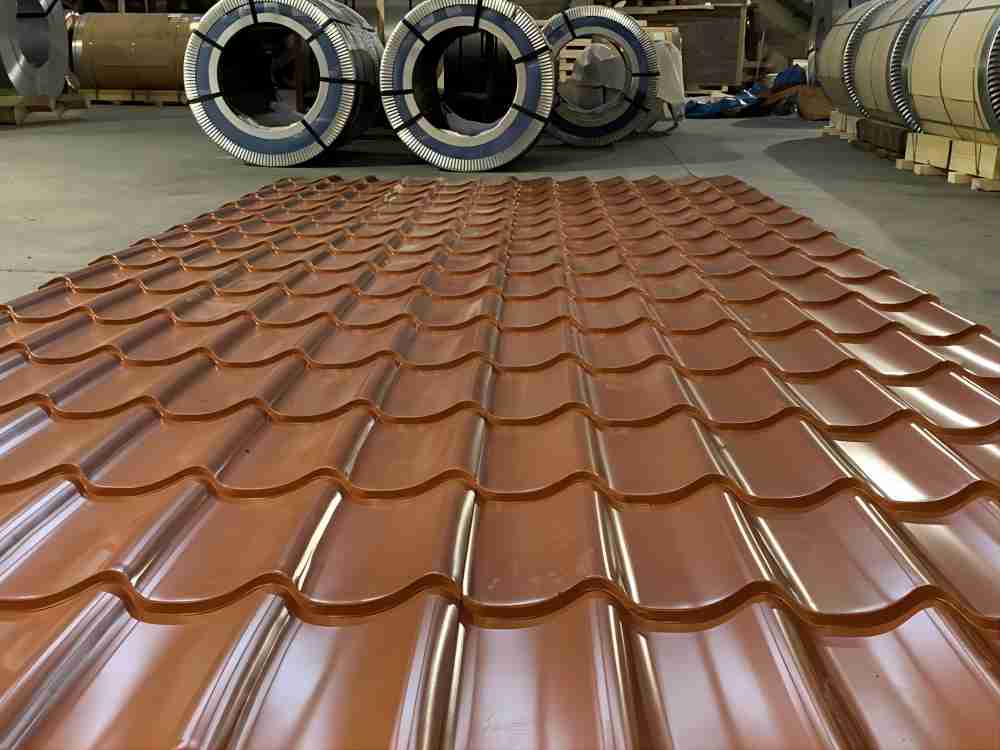Choosing the right roofing material is a crucial decision for any homeowner or building manager. It significantly impacts a building’s durability, energy efficiency, and overall aesthetics. In recent years, aluminum roof coil has emerged as a popular choice, gaining traction due to its numerous advantages. This article delves into the reasons behind the rising prominence of aluminum roof coils, exploring their advantages, applications, and considerations for choosing the right one.
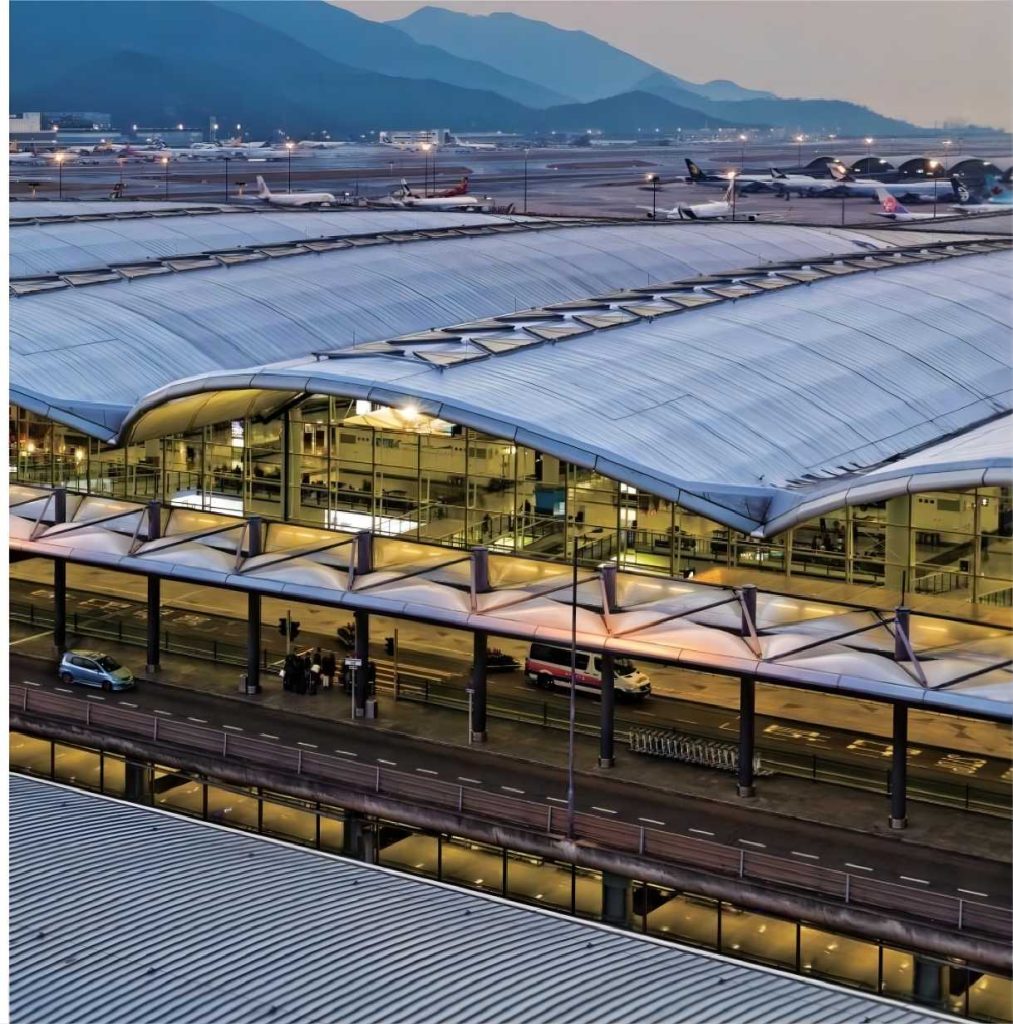
Advantages of Aluminum Roof Coil
The advantages of aluminum roof coil make it a compelling choice for various roofing projects. Here are some of the key benefits:
- Durability: Aluminum is naturally resistant to corrosion, rust, and weathering, making it highly durable. It can withstand exposure to harsh elements such as rain, snow, hail, and UV rays without deteriorating, ensuring long-term performance and protection for the building.
- Lightweight: Aluminum is one of the lightest metals used in roofing materials. Its lightweight nature makes it easier to transport, handle, and install compared to heavier roofing materials like steel or concrete. This characteristic reduces the structural load on buildings and simplifies the installation process, potentially lowering labor costs.
- Longevity: Aluminum roofs have an exceptionally long lifespan, often exceeding 50 years with proper maintenance. Their durability ensures they can withstand years of exposure to environmental factors without needing frequent repairs or replacements. This longevity translates to cost savings over time, as homeowners and building owners incur fewer expenses related to roof maintenance and replacement.
- Energy Efficiency: Aluminum roof coils are highly reflective, meaning they reflect sunlight rather than absorbing it. This reflective property helps reduce heat absorption into the building, leading to lower cooling costs during hot weather. By keeping the interior of the building cooler, aluminum roofs contribute to energy efficiency and can help lower overall energy consumption, especially in regions with warm climates.
- Low Maintenance: Aluminum roofs require minimal maintenance compared to other roofing materials. They are resistant to mildew, mold, and pests, eliminating the need for frequent cleaning or treatments. Additionally, aluminum’s resistance to corrosion means it does not require protective coatings or sealants to maintain its integrity, further reducing maintenance requirements and associated costs.
- Aesthetic Appeal: Aluminum roof coils are available in a variety of colors, finishes, and profiles, allowing for customization to match the architectural style and aesthetic preferences of the building. Whether it’s a residential, commercial, or industrial structure, aluminum roofs can enhance curb appeal and complement the overall design.
- Environmentally Friendly: Aluminum is a sustainable and eco-friendly roofing material. It is fully recyclable, meaning old aluminum roofing materials can be recycled and repurposed rather than ending up in landfills. Additionally, aluminum production consumes less energy compared to other metals, further reducing its environmental footprint.
Overall, the advantages of aluminum roof coils, including durability, lightweight construction, longevity, energy efficiency, low maintenance requirements, aesthetic appeal, and environmental sustainability, contribute to their growing popularity in the roofing industry. Whether for residential, commercial, or industrial applications, aluminum roofs offer a reliable and sustainable solution for long-lasting protection and performance.
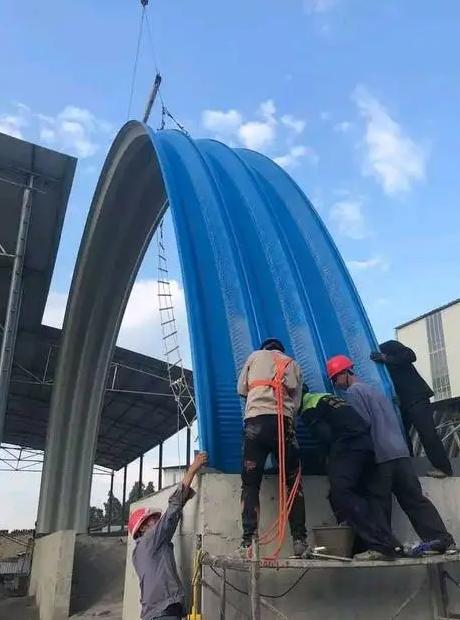
Applications of Aluminum Roof Coil
Aluminum roof coils find versatile applications across a wide range of roofing projects due to their durability, lightweight nature, and other advantageous properties. Here are some common applications of aluminum roof coils:
- Residential Roofing: Many homeowners choose aluminum roof coils for their residential properties due to their durability, aesthetic appeal, and low maintenance requirements. Whether it’s for new construction or roof replacement, aluminum roofs offer long-lasting protection and enhance the curb appeal of homes. They are available in various colors and finishes to complement different architectural styles, from traditional to modern.
- Commercial Roofing: Aluminum roof coils are widely used in commercial roofing applications, including office buildings, retail outlets, and industrial facilities. Their lightweight construction makes them suitable for large-scale roofing projects, where minimizing structural load is important. Aluminum roofs provide reliable protection against the elements and can withstand the wear and tear associated with commercial buildings.
- Industrial Roofing: Industries often require robust roofing solutions that can withstand harsh environments, chemicals, and extreme temperatures. Aluminum roof coils are well-suited for industrial roofing applications due to their durability and resistance to corrosion. They provide a protective barrier against chemical fumes, pollutants, and other industrial hazards, making them ideal for manufacturing plants, warehouses, and storage facilities.
- Agricultural Buildings: Aluminum roof coils are commonly used in agricultural buildings such as barns, sheds, and storage facilities. These structures require durable roofing materials that can withstand exposure to weather extremes, moisture, and agricultural activities. Aluminum roofs offer reliable protection for agricultural assets and equipment while requiring minimal maintenance, allowing farmers to focus on their operations.
- Institutional Buildings: Schools, hospitals, government buildings, and other institutional facilities often require roofing solutions that combine durability, energy efficiency, and aesthetic appeal. Aluminum roof coils meet these criteria, providing long-lasting performance and enhancing the visual appeal of institutional buildings. Additionally, their energy-efficient properties contribute to cost savings and environmental sustainability.
- Recreational Facilities: Aluminum roof coils are also used in the construction of recreational facilities such as sports complexes, community centers, and leisure resorts. These buildings require roofing materials that can withstand heavy foot traffic, exposure to the elements, and aesthetic considerations. Aluminum roofs offer a durable and visually appealing solution for recreational structures, ensuring years of reliable performance and enjoyment.
Overall, the applications of aluminum roof coils are diverse and encompass a wide range of residential, commercial, industrial, agricultural, institutional, and recreational projects. Their durability, lightweight construction, low maintenance requirements, and aesthetic versatility make them a popular choice for roofing professionals and building owners seeking reliable and long-lasting roofing solutions.
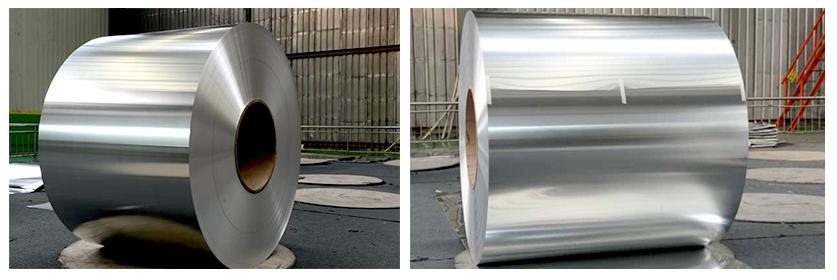
How to Choose the Right Aluminum Roof Coil?
Choosing the right aluminum roof coil involves considering several key factors to ensure that the selected material meets the specific requirements of your roofing project. Here are some important considerations:
1. Thickness
The thickness of the aluminum roof coil, often measured in gauge or millimeters, plays a crucial role in determining its durability and resistance to damage. Thicker coils offer greater strength and longevity, making them suitable for regions with harsh weather conditions such as heavy rainfall, snowfall, or high winds. Thinner coils may be more cost-effective but may require additional reinforcement or maintenance in areas prone to extreme weather.
2. Coating
Aluminum roof coils are often coated with protective finishes to enhance their durability, weather resistance, and aesthetic appeal. Common coatings include polyester, PVDF (polyvinylidene fluoride), and SMP (siliconized modified polyester). Consider the environmental conditions and performance requirements of your roofing project when choosing the coating. PVDF coatings, for example, offer superior UV resistance and color retention, making them ideal for areas with intense sunlight exposure.

3. Color and Finish
Aluminum roof coils are available in a wide range of colors and finishes to suit different architectural styles and preferences. Consider factors such as building aesthetics, climate, and energy efficiency when selecting the color and finish of the coil. Light-colored finishes reflect sunlight and heat, helping to reduce cooling costs and minimize the urban heat island effect, while darker colors may absorb more heat and contribute to higher energy consumption.
4. Profile
Aluminum roof coils come in various profiles or shapes, such as standing seam, corrugated, or flat. The profile of the coil can affect the overall appearance, performance, and installation method of the roof. Choose a profile that complements the architectural style of the building and meets the structural requirements of the roofing system. Standing seam profiles, for example, offer a sleek and modern look, while corrugated profiles provide enhanced water drainage and structural rigidity.
5. Warranty
Check the manufacturer’s warranty and product specifications to ensure that the aluminum roof coil meets industry standards and performance expectations. A comprehensive warranty provides coverage against defects in materials and workmanship, giving you peace of mind and assurance of quality. Consider the length and terms of the warranty, as well as any additional protection options or maintenance requirements recommended by the manufacturer.
6. Supplier Reputation
Choose a reputable aluminum coil supplier or manufacturer with a proven track record of delivering high-quality aluminum roof coils and reliable customer service. Research supplier reviews, testimonials, and certifications to assess their credibility and reliability. A trusted supplier can provide valuable guidance and support throughout the selection, purchasing, and installation process, ensuring a successful roofing project.
By carefully evaluating these factors and consulting with roofing professionals or suppliers, you can choose the right aluminum roof coil that meets your specific needs, preferences, and budget constraints. Investing in high-quality materials and proper installation ensures that your aluminum roof provides durable and long-lasting protection for your property.
Conclusion
The surge in popularity of aluminum roof coils stems from their numerous benefits, including durability, energy efficiency, and low maintenance requirements. From residential to commercial and industrial applications, aluminum roofs offer a reliable and sustainable solution for diverse roofing needs. By understanding the advantages, applications, and considerations for selecting the right aluminum roof coil, homeowners and contractors can make informed decisions to achieve long-lasting and visually appealing roofing solutions. As sustainability and longevity continue to drive trends in construction, aluminum roof coils are poised to maintain their upward trajectory in the roofing industry.

